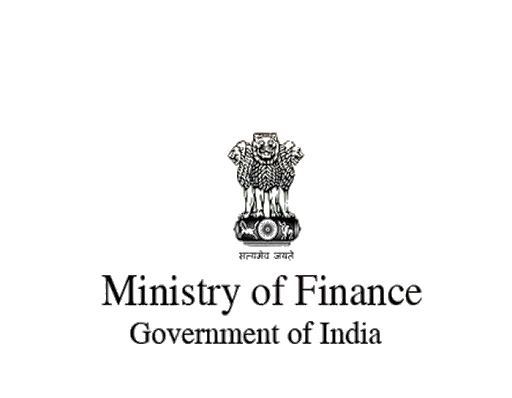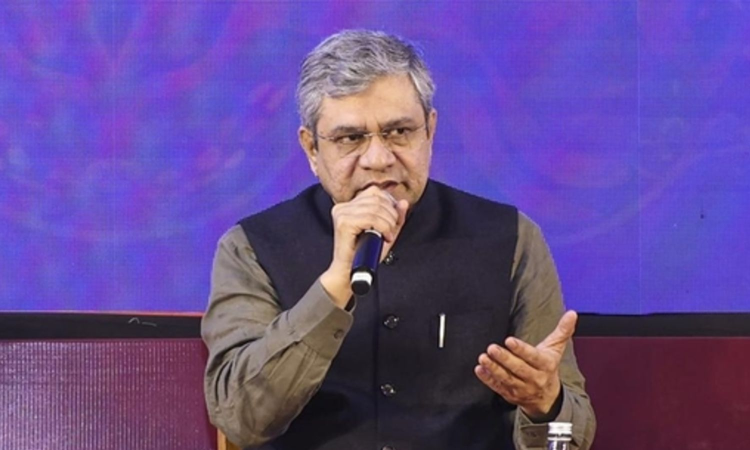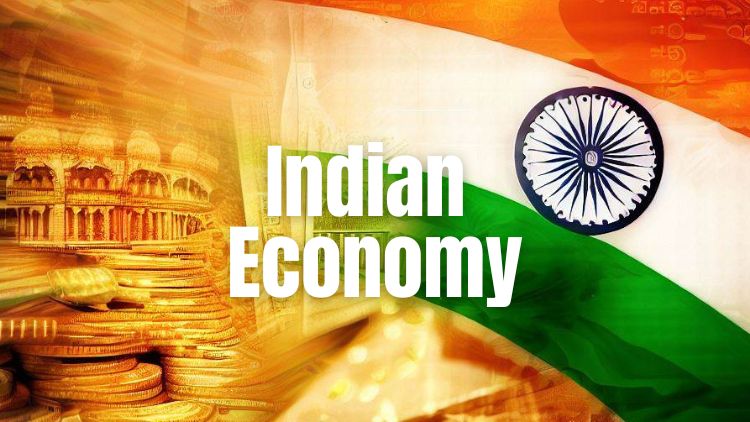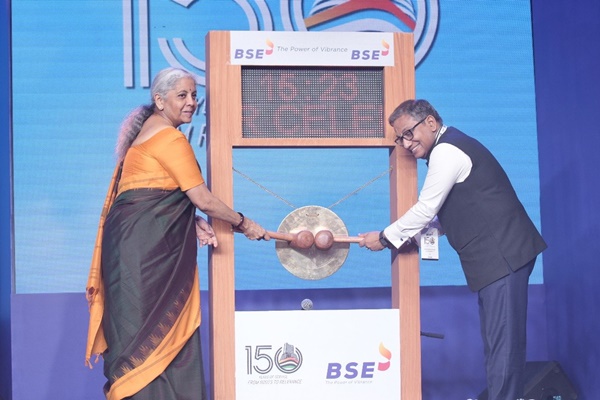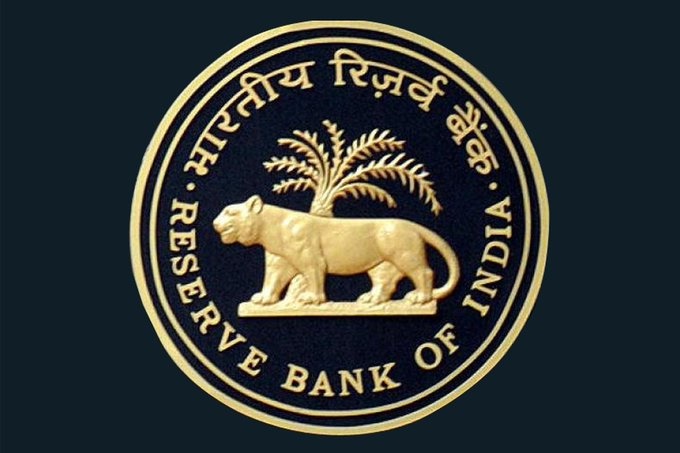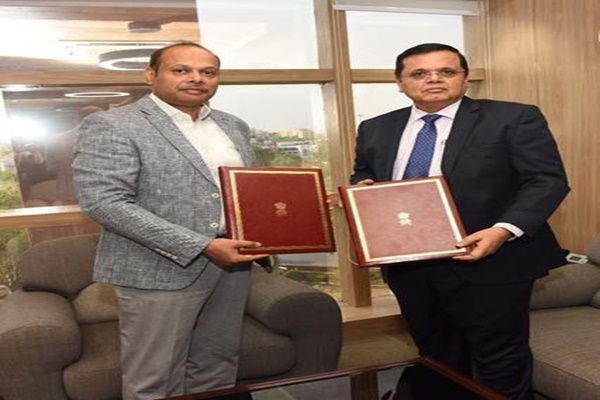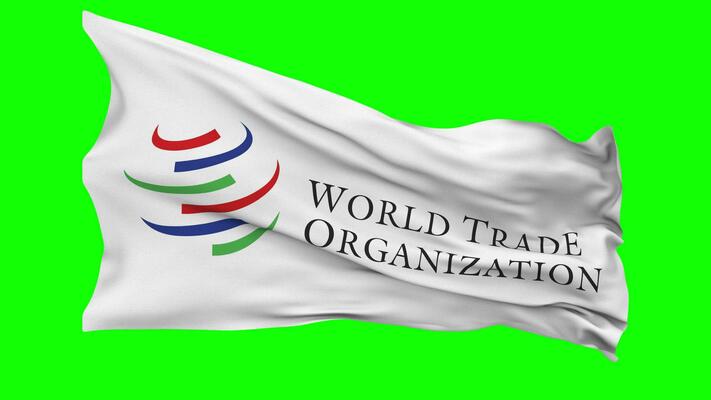Note ban taking heavy toll on not-for-profits
Fri 24 Feb 2017, 15:28:39
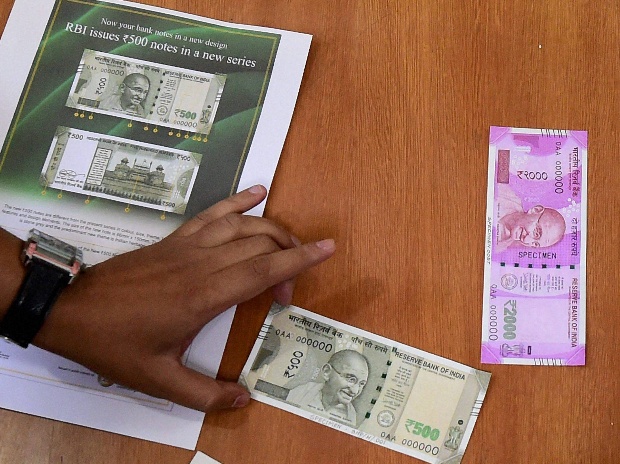
Not-for-profit organizations often work with people not linked to the formal banking system and therefore the government's demonetisation drive has seriously disrupted their work processes.
While the government and financial consultants have been advocating moving all transactions online, missing infrastructure and linkages pose a big challenge for those working on the ground in the not-for-profit sector.
And even though organizations are increasingly raising funds online, utilizing their funds for projects in the field has become a challenge.
Mohammad Rehan of the Doaba Vikas Evam Utthan Samiti in Uttar Pradesh, a grassroots partner of CRY India, says he has delayed all workshops and public meetings in the 35 villages where the organization operates due to lack of cash.
In August last year, Rehan was part of a district-wide survey on malnutrition as part of which he and 10 other field workers weighed 3,556 children across 35 villages to identify needy families and connect them with ongoing government schemes. Rehan says he has not been able to continue this kind of work since the 8 November demonetisation announcement.
Rehan receives Rs13,000 each month in his bank account as a retainer for work involving advocacy on children's rights, connecting needy families with government schemes and spreading awareness about the rights available to rural populations.
On an average he organizes two to three events, meetings and consultations in a month. “The impact on the work of organizations like ours will only be known later, as the benefits of work that we do always take time to show,” says Rehan.
Not-for-profits have also been under a cloud of suspicion, often accused of mishandling funds and funding anti-national activities, etc. In response, increasingly organizations such as CRY (Child Rights and You) publish their annual reports including the financials in the public domain, do not accept anonymous cash donations above a certain amount and distribute funds to grassroots partners through banking channels.
Rehan says while online transactions and dispensing cash via banking channels have their advantages, this mode is very restrictive and limiting on the ground. Travelling from one village to the next where power, Internet bandwidth and even banks are not present, it is almost impossible to operate without hard cash.
Yet, Piyush Jain, founder and chief executive of Impact Guru, a crowd funding platform, is optimistic about the long-term benefits of the move to online transactions. According to him, digital transactions of
all kinds, whether related to spending money or raising funds, will get non-profits the much-coveted tag of credibility and transparency. “This is a push for all organizations to go digital. We have already seen an exponential growth over the past few years in the field of fund raising by not-for-profit organizations via online platforms,” said Jain. He said it was time for such organizations to move towards cashless and digital systems even when dispensing funds and not just when raising funds.
all kinds, whether related to spending money or raising funds, will get non-profits the much-coveted tag of credibility and transparency. “This is a push for all organizations to go digital. We have already seen an exponential growth over the past few years in the field of fund raising by not-for-profit organizations via online platforms,” said Jain. He said it was time for such organizations to move towards cashless and digital systems even when dispensing funds and not just when raising funds.
However, the situation on the ground is far from optimistic for the social sector, whether in terms of advocacy work or delivery of goods and cash to the needy.
For instance, Satish Girija, founder of Jharkhand-based not-for-profit Nav Bharat Jagriti Kendra, is struggling to sustain the organization's livelihood programmes. Girija said while only Rs2 crore from the organization's total Rs30 crore annual budget is distributed in cash, this amount constitutes a critical part of its work. It helps to empower marginalized communities in rural India, for whom the not-for-profit creates jobs in villages such as digging ponds, de-silting wells and planting trees. “This money is used to generate income in remote areas, where there are no jobs available,” said Girija.
On an average the organization takes up around 10 direct livelihood generation projects in a year, involving 20 to 30 labourers each, who are paid Rs250 per day. A majority of these projects have been postponed after the demonetisation announcement as workers do not have bank accounts or identity proofs. Add to this the ever-changing withdrawal limits and limited cash in rural banks which has meant little or no cash has been available for distribution.
Vidya Shah, CEO of EdelGive Foundation, the philanthropic arm of Edelweiss Financial Service Ltd, said a majority of organizations working in the livelihood space operate with the unbanked population on two basic models-creating work on a daily wage basis, where a household of five would have monthly income of Rs5,000 to Rs7,000, or by giving daily or weekly loans to small entrepreneurs such as bangle sellers and vegetable vendors who repay the amount in cash.
She said while there are stories of resilience and acceptance coming from the people hit the worst by demonetisation (in this case the beneficiaries of the programmes run by not-for-profits), work by not-for profits has been impacted. A number of grassroots organizations have postponed spending on programmes and the most severely hit section is those working on livelihood generation, she said.
No Comments For This Post, Be first to write a Comment.
Most viewed from Business
AIMIM News
Latest Urdu News
Most Viewed
May 26, 2020
Do you think Canada-India relations will improve under New PM Mark Carney?
Latest Videos View All
Like Us
Home
About Us
Advertise With Us
All Polls
Epaper Archives
Privacy Policy
Contact Us
Download Etemaad App
© 2025 Etemaad Daily News, All Rights Reserved.


